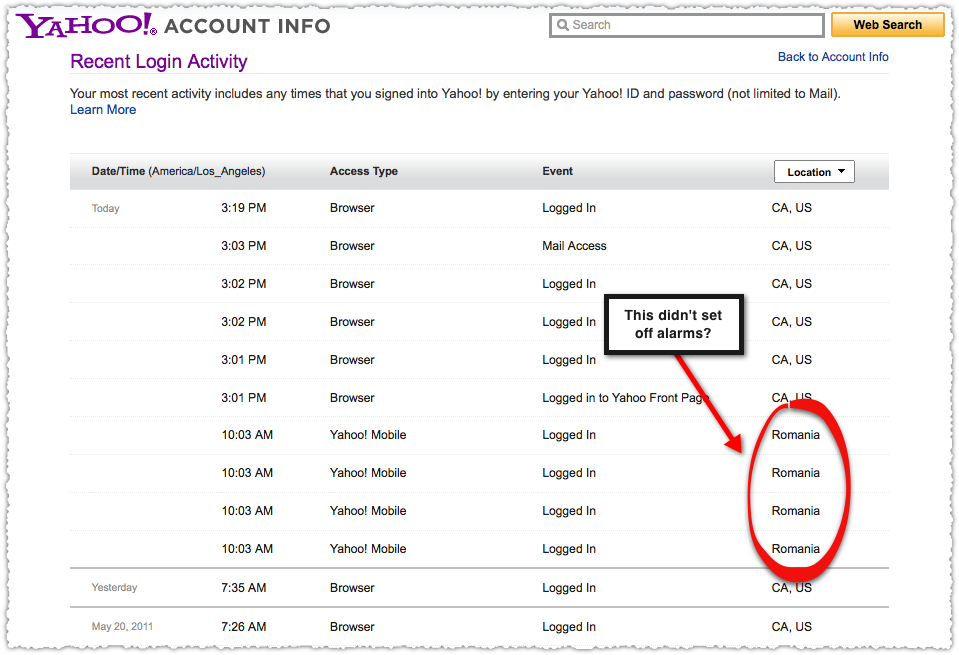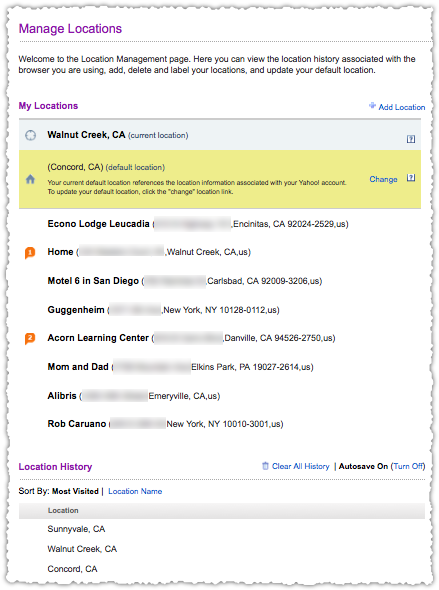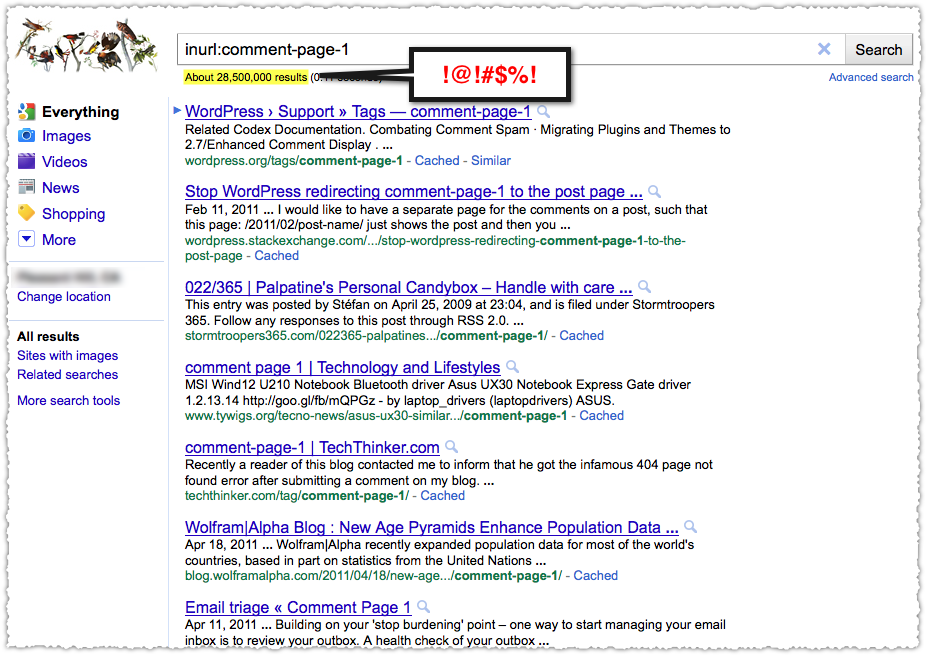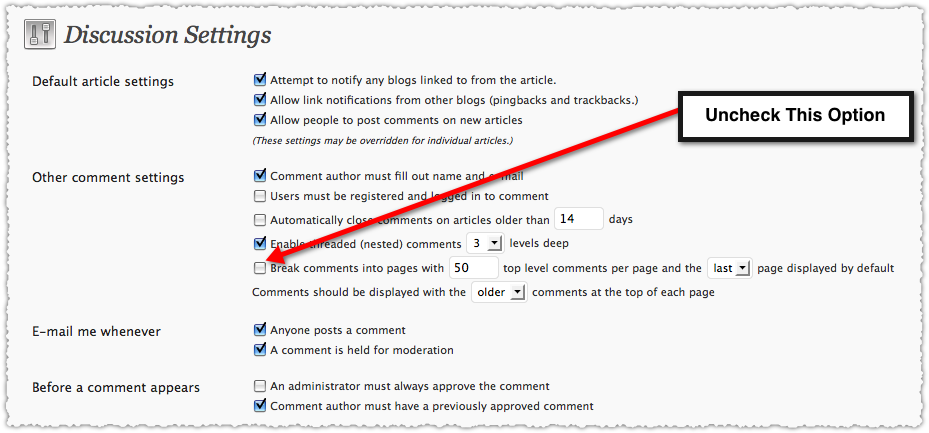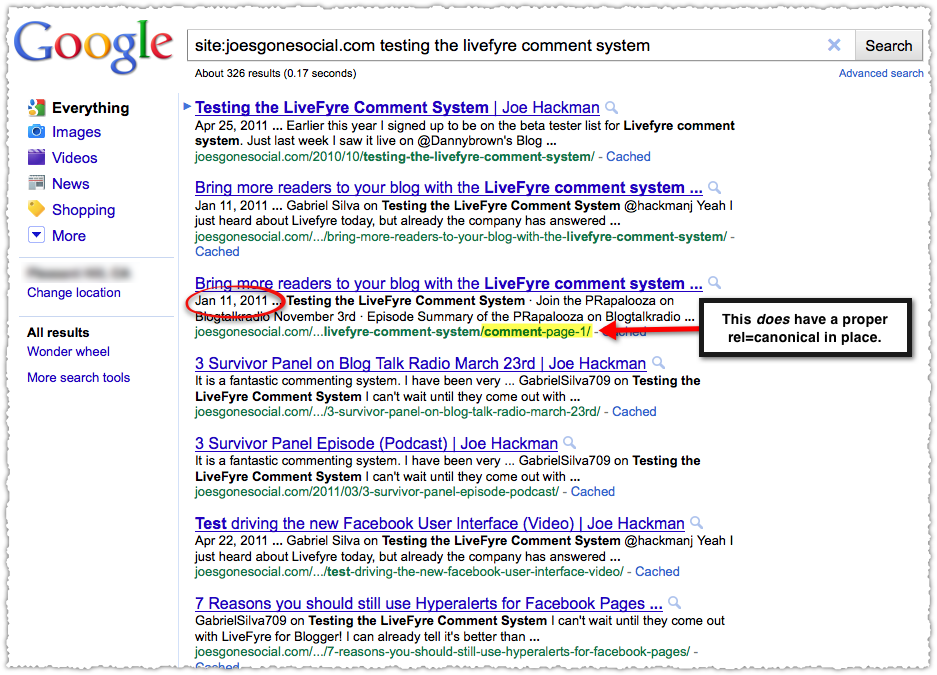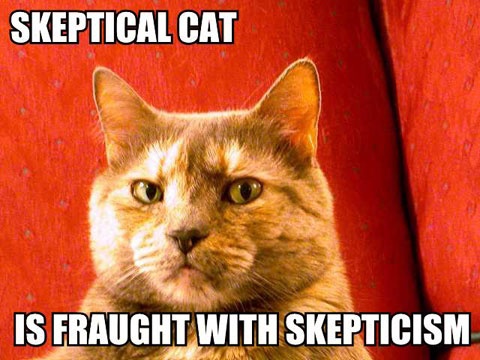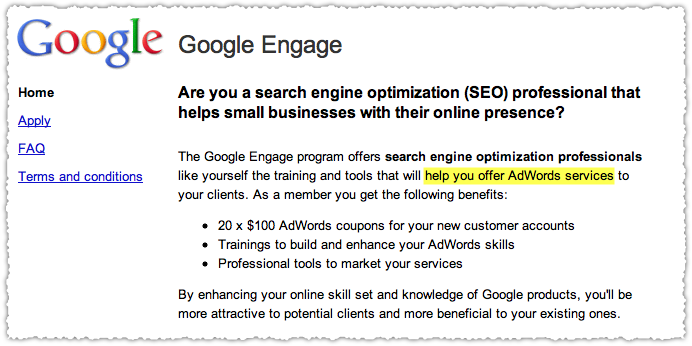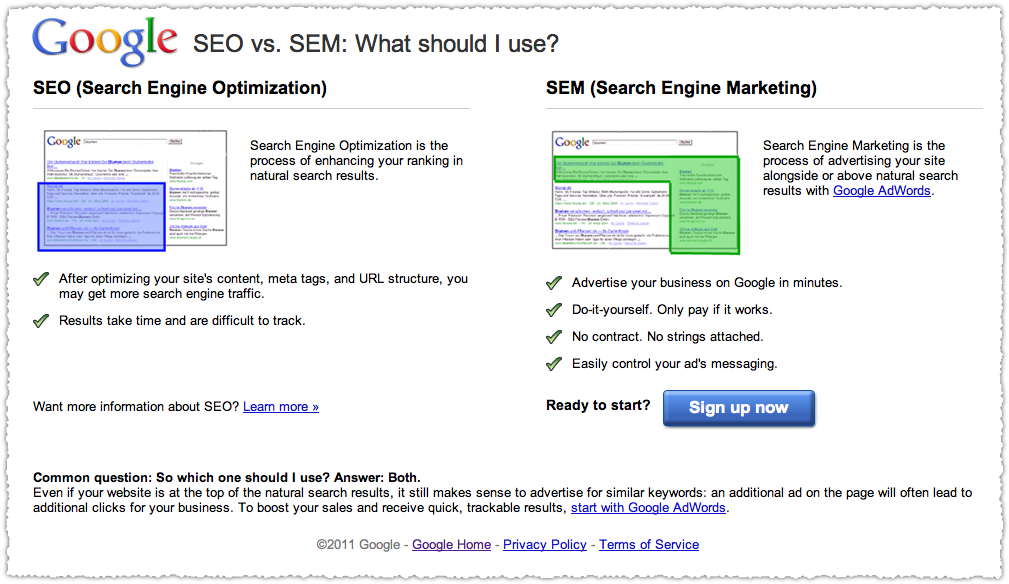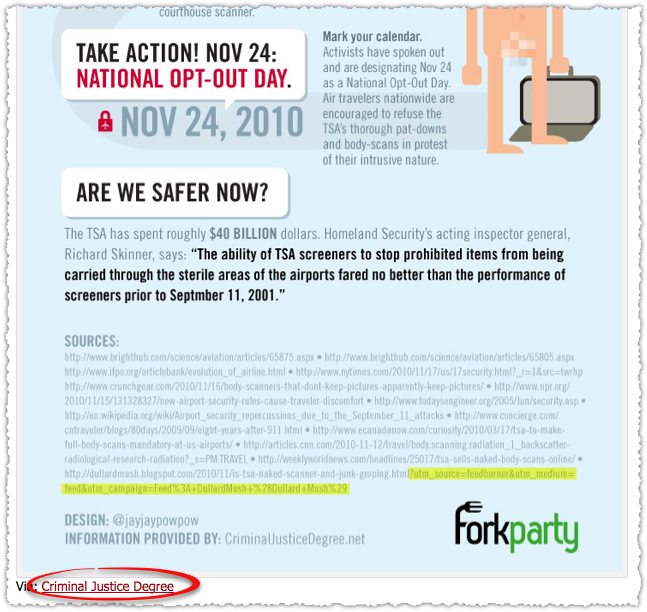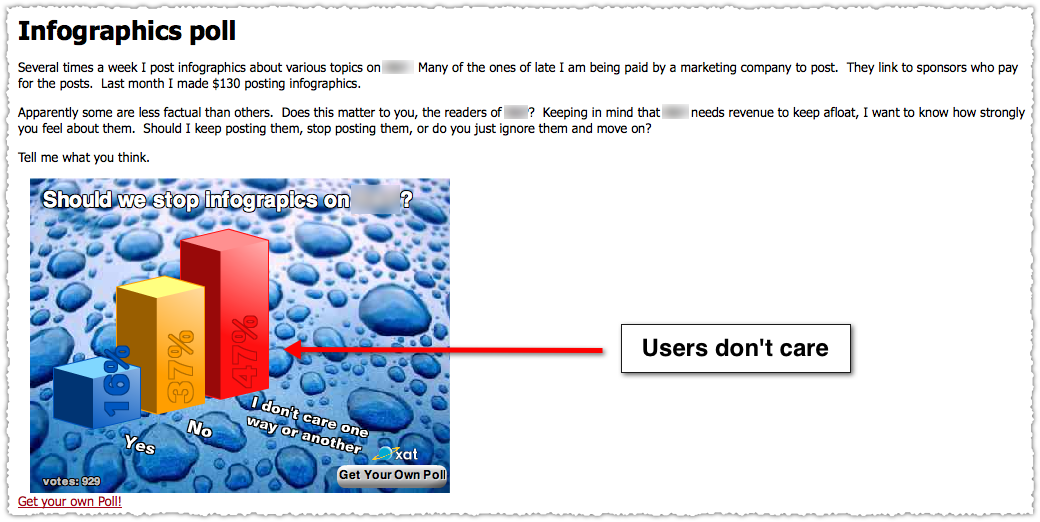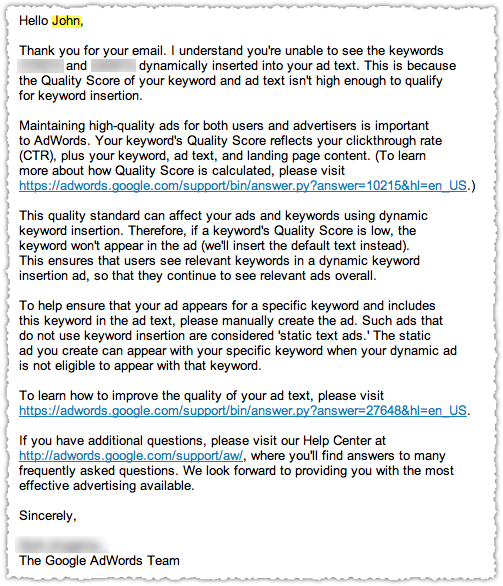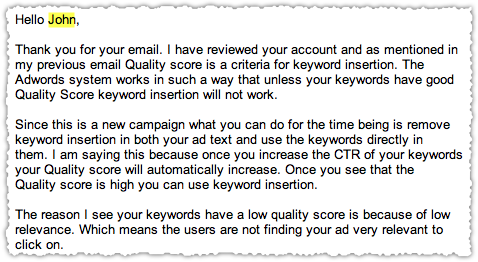In the past month I’ve left a number of comments on blogs only to find they were never published.
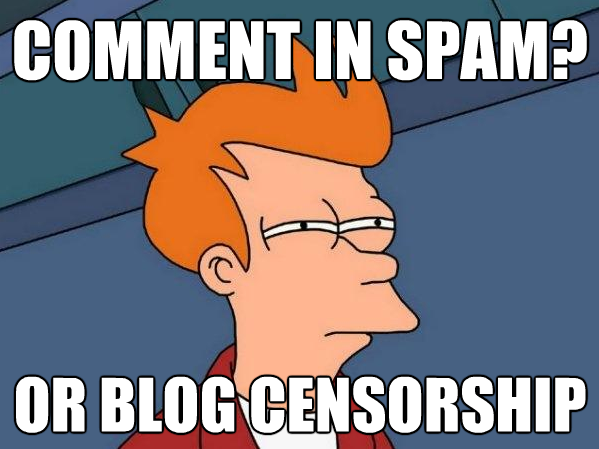
I’d like to believe that the blog owners simply didn’t see my comment. That it fell into their spam queue which they rarely, if ever, look at. Because the alternative is that they saw the post and decided to suppress it. Now, it’s their blog – their little corner of the Internet – but this type of censorship is troubling.
Comments Content
What about the content of my comments? To be fair, in some instances I was disagreeing with some or all of the content in that post. But I did so in a constructive manner, using links to my own thoughts on the topic or to other material to help round out my argument.
I regularly publish comments on this blog that are contrary to my own opinion. One only has to look at the comments on my Stop Writing For People post for examples. I’m free to respond and defend myself, but having the debate in the open is important. It builds trust, much like having bad reviews on a product is actually a good thing.
Comments are incredibly valuable because they provide additional information on the content. They make your content better through clarification, confirmation, addition and debate.
Comments = Content.
Comments are a rich source of meta information that deliver value to both readers and search engines. This extends to links as well! Relevant links in comments help create a web of information that users now and in the future will find useful.
Yet it is those links that may be at the root of the problem.
Comment Spam
It’s like the Internet version of a plague of locusts. One of the most popular ways to combat comment spam is to screen comments that have links. This is one of the default setting in Akismet.
It makes sense since many spammers will drop a link or links in comments. But links are not the problem. Spammers are the problem.
What’s wrong with contextual links to relevant content? This is not behavior that should be penalized. In fact, it should be encouraged. In many ways, the comment spam problem threatens the link graph.
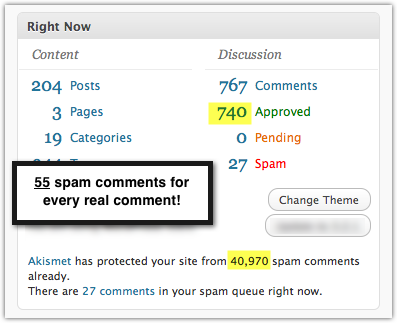
Not only that but, anecdotally, it seems that comment spam sometimes pushes people to disable comments altogether. When the ratio of comment spam to real comments is too high, many simply give up. I understand the decision but it’s depressing that it gets to that point.
Outsourcing
Fed up with comment spam and general comment management, have we decided to outsource engagement to social networks? Twitter, Facebook, LinkedIn, and Google+ are all happy to provide venues in which comments can flourish. Make no mistake, these venues understand the value of comments.
Is our obsession with amplification and generating social proof robbing us of the real value of comments and conversation? Certainly there is some hope that it’s like a rubber band. The content goes out, but then snaps back, drawing more comments to your content. It works to a certain extent, but by how much and at what cost is an interesting debate.
The Filter Bubble
Of course these bloggers may have seen my comment and simply decided not to publish it. Eli Pariser argues that personalization and ‘invisible algorithmic editing’ as a real danger but I think comment censorship (whether intentional or accidental) is the true menace.
I believe much of the hype around the filter bubble is FUD. Personalization is rather minimal in most cases though I do agree with Gabriel Weinberg’s view of how to deal with personalization.
Personalization is not a black and white feature. It doesn’t have to be on or off. It isn’t even one-dimensional. At a minimum users should know which factors are being used and at best they should be able to choose which factors are being used, to what degree and in what contexts.
Personalization deals with the fact that some content isn’t being made readily visible. Comment censorship excises content from the Internet altogether.
Identity
So what could help get us out of this morass? How can we ensure comments are once again a vital part of the content ecosystem? Identity.

The reason why many embraced Facebook comments was because comments are attached to an identity. Not only that, but an identity that people cared about. This obviates the need for aggressive moderation. You might run into a troll, but it’ll be a troll you can clearly identify and block.
Identity essentially stops comment spam because you can’t post as Best Miami Attorneys. Comment moderation is suddenly manageable again.
Censorship
A commenting system that uses identity removes most of the uncertainty around comment censorship. If my comment isn’t published, it’s likely because that blogger made an active decision to toss it into the HTML version of The Bermuda Triangle.
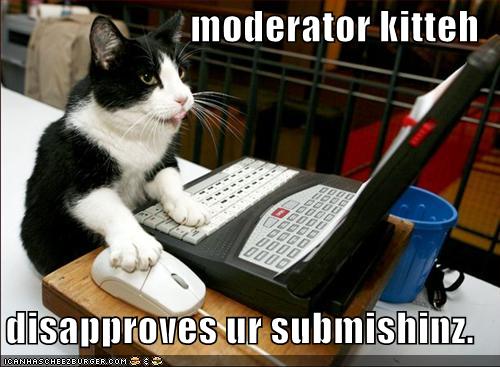
If the filter bubble can be managed through making personalization transparent, so too can comment censorship. A third-party, identity-backed comment system could track the number of comments censored on each blog. A grade or score could then be shown to let users know how much of the conversation was being censored. In some ways it would be like Charity Navigator but for blogs.
So perhaps the blogger who touts the benefits of community actually censors 32% of blog comments. That might be an interesting thing to know.
Could this get messy? Sure. But you can build a system of checks and balances.
Reputation

Joan Jett might not care about her bad reputation but you should. Whether it’s a thumbs-up, thumbs-down, number of Likes, sentiment analysis, length of comments, spelling and grammar or other metrics, a savvy comment system could begin to assign reputation to each user.
So the censorship percentage wouldn’t be flat in nature. If you blocked a known troll, no worries. If you censored someone who had a history of abusive comments full of foul language, no problem.
On the other hand, it would be disturbing if you censor someone who consistently adds value to conversations. The reputation of those you censor would matter.
Confidence
I’d like to be confident that I’m not missing good comments that wind up going into spam.
I’d like to be confident that if I take the time and effort to comment on a blog that it will be published and, hopefully, spark further comment and conversation.
I’d like to be confident that the comments I read are not biased and simply a form of self-curated cheerleading.
“Confidence is contagious. So is lack of confidence.” – Vince Lombardi
The Internet desperately needs more confidence.

